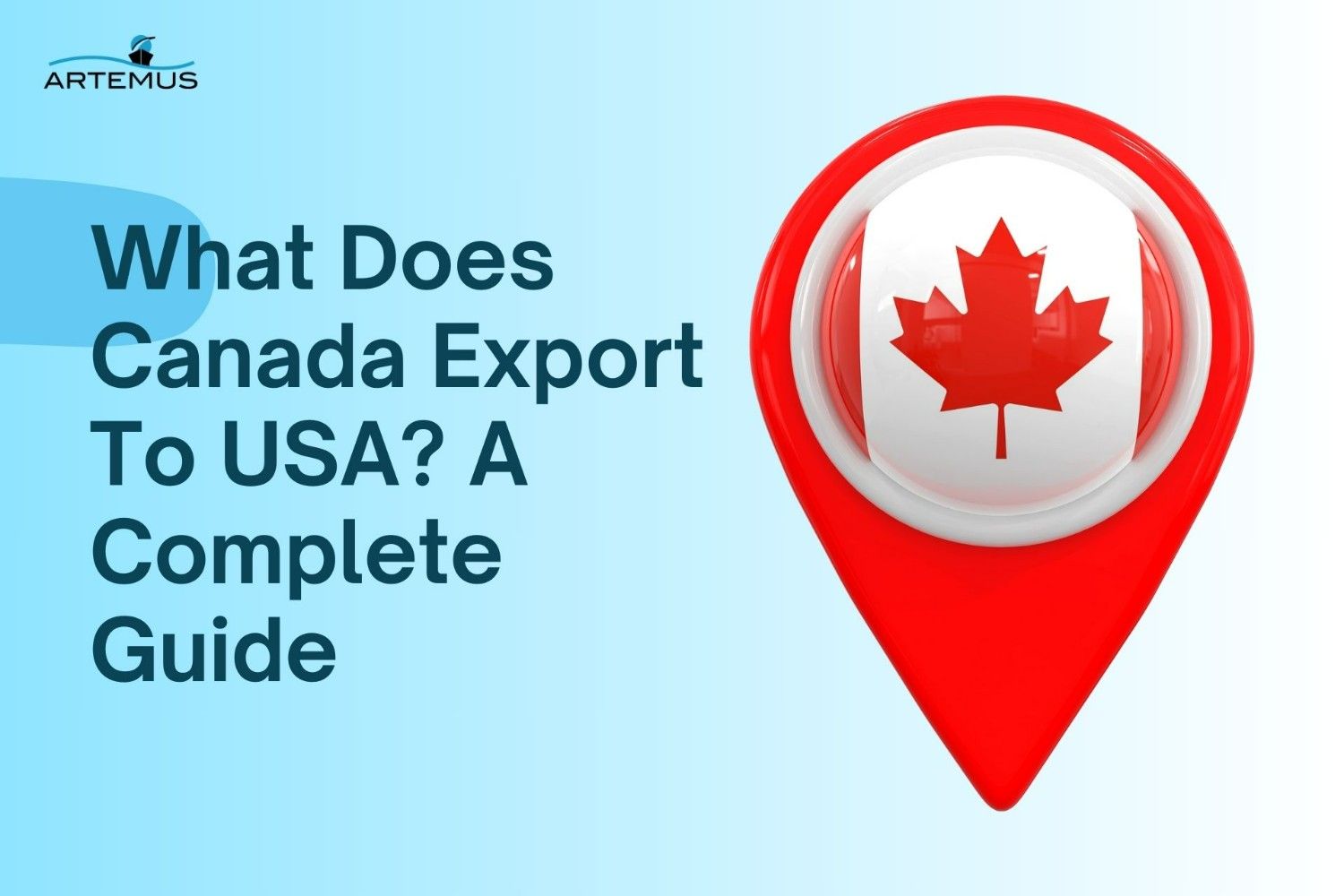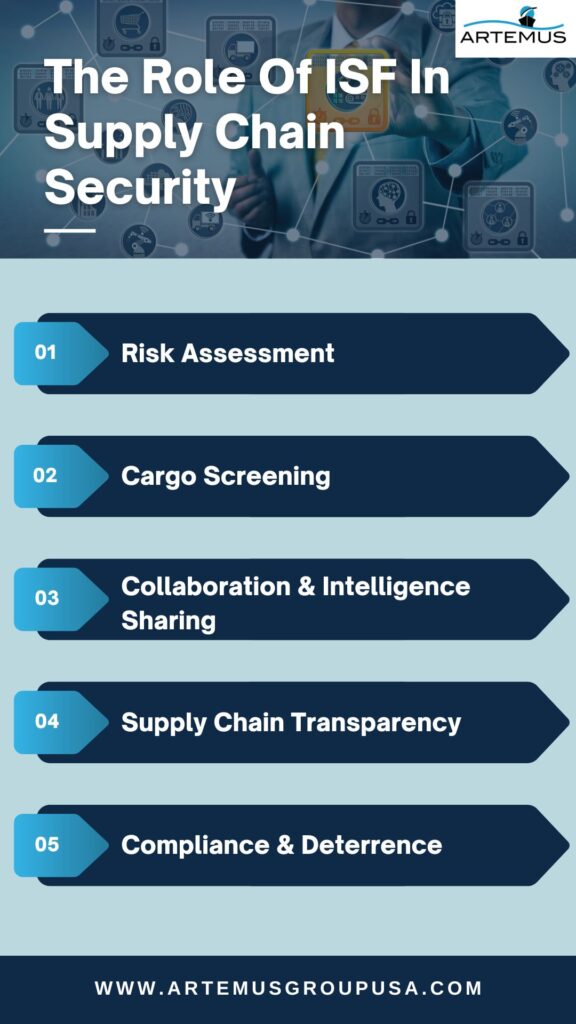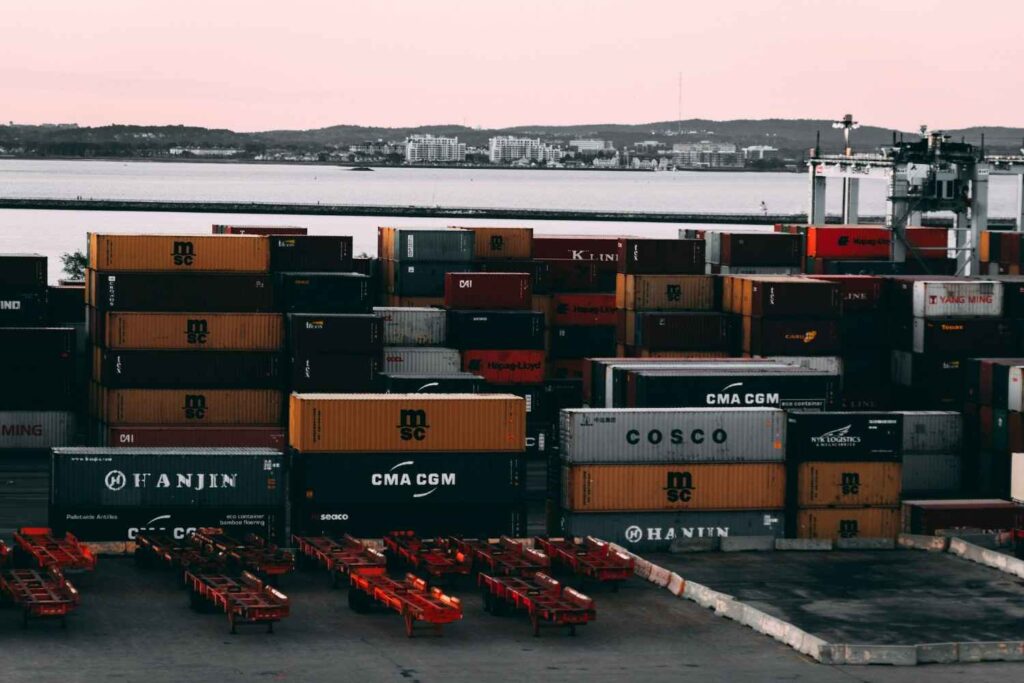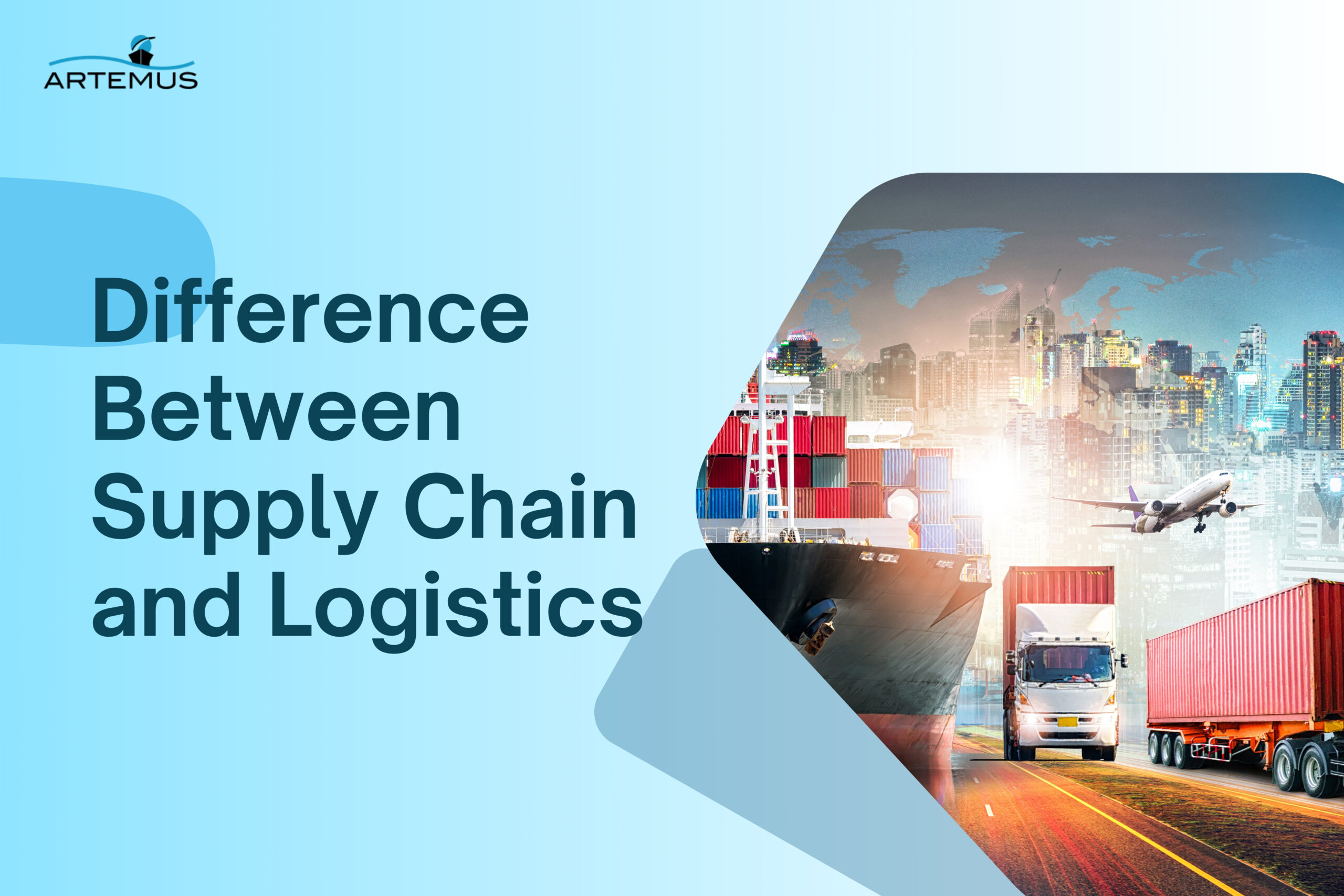
What Does Canada Export To USA? A Complete Guide
What Does Canada Export To USA? This question is key to understanding one of the most important trade relationships in

In the dynamic landscape of international trade, various regulatory requirements aim to strike a balance between facilitating efficient commerce and ensuring robust security measures. One such critical requirement that importers need to navigate is Importer Security Filing (ISF). As an essential aspect of supply chain management, ISF plays a pivotal role in enhancing security, mitigating risks, and streamlining the movement of goods across borders.
In this blog, we will delve into the intricacies of ISF, unraveling its significance, components, compliance requirements, and the implications it holds for importers. Whether you are a seasoned importer or exploring the realm of international trade, understanding ISF is vital for navigating the complexities of customs regulations, avoiding penalties, and fostering a secure supply chain.
Artemus provides comprehensive compliance support for Importer Security Filing (ISF) requirements (10+2), ensuring smooth and error-free filing processes for importers.
Table Of Contents
Importer Security Filing (ISF) refers to a mandatory filing requirement imposed by customs authorities in various countries for importers. It involves submitting crucial information about the cargo before its arrival in the destination country. The primary objective of ISF is to enhance supply chain security by providing advanced data that enables customs officials to assess potential risks associated with incoming shipments.
By obtaining comprehensive details about the goods being imported, customs authorities can effectively identify and prevent security threats, illegal activities, and the entry of prohibited or dangerous items into the country.
ISF comprises a set of specific data elements that importers must accurately provide. This information includes details about the importer of record, consignee, manufacturer, and buyer, as well as a comprehensive description of the cargo, including its packaging and harmonized system (HS) code.
Additionally, importers are required to furnish vessel information such as the vessel name, voyage number, and estimated time of arrival. Complying with the ISF regulations is crucial, as failure to file or inaccurately filing an ISF can lead to penalties and potential delays in cargo clearance. By adhering to the ISF requirements, importers play a vital role in ensuring supply chain security, facilitating smooth trade operations, and upholding regulatory compliance.
Related: ISF Late Filing Fee: Exact Cost & 6 Tips To Manage Appeals
ISF (Importer Security Filing) comprises several key components and requirements that importers need to fulfill in order to comply with the regulations set by customs authorities. These components and requirements are designed to provide customs officials with comprehensive information about the imported cargo, contributing to enhanced supply chain security and risk assessment. Here are the main components and requirements of ISF:
It is essential for importers to understand and comply with these components and requirements of ISF to ensure regulatory compliance, facilitate efficient trade operations, and maintain a secure supply chain. Non-compliance or inaccurate filing of the ISF can lead to penalties, delays in cargo clearance, and potential disruptions in the import process.
Related: ISF Fees (Import Security Filing): When & How To Pay?

The Importer Security Filing (ISF) plays a crucial role in enhancing supply chain security by providing valuable information to customs authorities. By gathering advanced data about the imported cargo, ISF enables customs officials to assess potential risks, identify security threats, and take necessary preventive measures. Here are the key aspects of the role of ISF in supply chain security:

ISF aids in conducting a comprehensive risk assessment of incoming shipments. By having access to detailed information about the cargo, customs officials can analyze the potential security risks associated with specific shipments. This allows them to allocate their resources effectively and focus on high-risk consignments, thereby improving the overall security of the supply chain.
ISF contributes to the screening process of imported goods. By providing advanced data, ISF enables customs authorities to conduct targeted inspections and screenings based on specific risk factors. This helps in identifying and intercepting potentially hazardous or illegal items, such as prohibited substances or counterfeit goods, before they enter the country, thereby safeguarding public safety and maintaining the integrity of the supply chain.
ISF facilitates collaboration and information sharing between importers and customs authorities. By providing accurate and timely information, importers contribute to the overall security effort and help customs officials make informed decisions. This collaborative approach fosters a proactive security environment and enables effective response strategies in case of security threats or incidents.
ISF enhances supply chain transparency by ensuring that importers provide accurate and detailed information about their cargo. This transparency helps in traceability, accountability, and visibility throughout the supply chain. It enables customs authorities to have a clear understanding of the cargo’s origin, journey, and destination, thereby minimizing the chances of unauthorized or illicit activities within the supply chain.
The requirement of filing ISF promotes compliance with security regulations. Importers are incentivized to fulfill their obligations and provide accurate information to avoid penalties and potential disruptions in cargo clearance. The existence of ISF acts as a deterrent against potential security breaches, as importers understand the consequences of non-compliance and the importance of maintaining a secure supply chain.
Related: ISF 5 Filing Requirements: Data Elements & Audit Process
Non-compliance with the Importer Security Filing (ISF) requirements can lead to significant penalties and consequences for importers. It is crucial for importers to understand the consequences of failing to file or inaccurately filing an ISF to ensure regulatory compliance and avoid potential disruptions in cargo clearance. Here are the penalties and consequences associated with non-compliance with ISF:
To mitigate these penalties and consequences, importers should prioritize understanding the ISF requirements, ensure accurate and timely filing, and maintain a proactive approach to regulatory compliance. By fulfilling their obligations, importers can avoid disruptions in cargo clearance, maintain a secure supply chain, and protect their business interests.
Related: ISF Filing: A Compliance-Related Guide & Software Solution

Complying with Importer Security Filing (ISF) requirements offers importers a range of benefits and advantages. ISF compliance not only ensures adherence to regulatory obligations but also contributes to smoother trade operations, enhanced supply chain security, and improved overall business efficiency. Here are the key benefits and advantages of ISF compliance:
Related: ISF Declaration: Meaning, Purpose, Timeline, & Process
ISF stands for Importer Security Filing. It is a mandatory requirement for importers to submit advance information about their cargo to customs authorities before its arrival, contributing to enhanced supply chain security and risk assessment.
The purpose of the ISF filing is to enhance security measures and risk assessment by providing advanced information about the imported cargo to customs authorities, helping identify potential security threats, and ensuring the smooth flow of goods through the supply chain.
ISF charges in shipping refer to the fees associated with the Importer Security Filing (ISF) process, including the filing and processing of the required information about the imported cargo before its arrival, ensuring compliance with customs regulations.

Importer Security Filing (ISF) is a vital requirement in international trade that promotes supply chain security and facilitates efficient cargo clearance. By providing advanced information about imported goods, ISF enables customs authorities to assess potential risks, prevent security threats, and ensure regulatory compliance.
Throughout this blog, we have explored the components, requirements, benefits, and consequences of ISF compliance. We have seen how accurate and timely filing of ISF not only helps importers avoid penalties and cargo delays but also enhances supply chain transparency, collaboration, and overall trade facilitation.
As importers, understanding the intricacies of ISF is crucial for maintaining a secure and efficient trading environment. By adhering to the ISF regulations, importers demonstrate their commitment to compliance, mitigate business risks, and foster strong relationships with trading partners and customs authorities.

What Does Canada Export To USA? This question is key to understanding one of the most important trade relationships in

In 2024, Mexico solidified its position as the United States’ top trading partner, exporting goods valued at over $505.85 billion,

Supply chain and logistics are often used interchangeably, but they serve distinct functions in the movement of goods and services.
Get In Touch
Artemus’ Software Solutions for ISF, AMS, Japan AFR, eManifest Canada, & Panama B2B filings.
Get In Touch
Artemus’ Software Solutions for ISF, AMS, Japan AFR, eManifest Canada, & Panama B2B filings.